The Nguyen Dynasty king only ate rice with Kim Giao chopsticks, the reason was surprising!
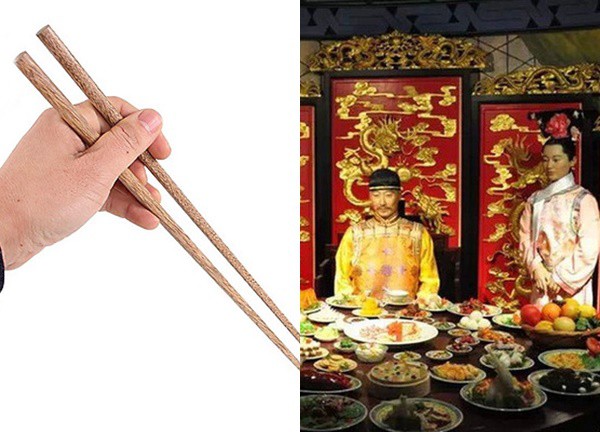
2 | 1 Discuss | Share
In the history of Chinese feudal society, when mentioning sightseeing, one cannot ignore the name Hoa Than. The amount of assets that Hoa Than embezzled was so large that he was known as the "first grand magistrate" of the Qing Dynasty.
Hoa Than (July 1, 1750 - February 22, 1799), also known as Hoa Khon, courtesy name Tri Trai, title Gia Nhac Duong, Thap Hot Vien, master Luc Da Dinh, was an important official under the reign of King Can Long.
Born as a mandarin in Manchuria (China), the Hoa Than family's family background, although not prominent, is still a military family. When he was in school, Hoa Than showed his superiority over his classmates. When he was 10 years old, he began learning how to imitate Qianlong's font so that when he later wrote the chapter, he could win the Emperor's favor.
Thanks to his mastery of four languages: Manchu, Han, Mongolian, Tibetan, and his knowledge of the Four Books and Five Classics, he was greatly loved by his two teachers, Ngo Tinh Kham and Ngo Tinh Lang.
In the 33rd year of Qianlong (1768), Hoa Than married the daughter of Governor Phung Anh Liem at the age of 18. In 1769, he took the examination but did not pass. Later, he was promoted to the position of "Captain of the Convoy". In the 37th year of Qianlong's reign (1772), he assumed the position of Third Class Imperial Guard and later became Niem Can of Imperial Guard.
Although still young, Hoa Than soon had the ability to work as well as contribute to the court. By memorizing Analects, Hoa Than became the only guard who could converse with Qianlong. From then on, Hoa Than was highly trusted and respected by Can Long.
In the 40th year (1775), Hoa Than successively assumed the position of Imperial Guard of Qianqing, Imperial Guard, and Vice Governor of Manchuria Chinh Lam Ky. In his 41st year (1776), in January, he assumed the position of Household Minister. In March, he was allowed to work at the military mandarin's office, and a month later he was promoted to the position of general manager of internal affairs of the palace, managing the internal affairs of the Tam Ky Quan Binh palace. In the same year, he assumed the position of Vice Governor of Manchuria Xiang Huang Qi, the General Consul of the National History Office, was awarded the rank of first-class imperial mandarin, and rode a horse inside the Forbidden City.
Hoa Than began to embezzle when ordered by Qianlong to investigate the corruption case of Grand Scholar and Governor of Van Quy, Ly Thi Nghieu. After this case, Hoa Than was promoted to Minister of the Household Ministry. He also secretly "pocketed" half of this corrupt man's assets.
After that, Hoa Than was also awarded the title of First Class Male, in 1788 as a Lieutenant Earl, and in 1795 was appointed a Duke by the king, a higher rank than a first-class mandarin. Thanks to the favor of Qianlong, Hoa Than caused chaos in the officialdom. During his years as a mandarin, Hoa Than looted, manipulated, bribed, and corrupted the state's wealth.
He not only accepted bribes but also openly demanded money, not only secretly embezzled but also blatantly robbed. According to the regulations of the Qing court, mandarins were not allowed to participate in business and profit from services such as pawnshops, trading... but Hoa Than did not take any profits.
He also pocketed tax revenue. Chinese history books also record that at the end of Qianlong's reign, of the tributes and items the provinces paid to the court, only 12% was put into the treasury, the remaining 88% was "sucked" to Hoa Than palace. . Hoa Than's wealth is so much that in folklore, there is a legend that "If Hoa Than has Qianlong, if Hoa Than doesn't have Qianlong, it doesn't necessarily mean Hoa Than doesn't have it".
It was not until the 4th year of Gia Khanh, in 1799, when Qianlong died, Hoa Than's strong support collapsed, at this time Gia Khanh did not need to respect him.
On the day of Qianlong's death announcement, Gia Khanh announced the dismissal of Hoa Than and Phuc Truong An, assigned them to the Penal Department for imprisonment, and at the same time assigned them to Thanh Than Vuong Tinh, Nghi Than Vuong Tuyen, and Ngach Phu Lap. Vuong Da Nhi Te, Prince Dinh of Mien An, Grand Scholar Liu Dung, Dong Cao, Minister of Military Affairs Khanh Que were in charge of investigating the family estate and interrogating.
However, something unexpected happened, when the mandarins and soldiers went to search Hoa Than's house, they returned and reported not finding any gold, silver or anything to prove that he was hiding embezzlement. in the home. Gia Khanh felt very surprised, everyone knew that Hoa Than was the richest in the country.
After a night of thinking, Gia Khanh discovered the problem. It turned out that Qianlong had agreed to let Hoa Than's son, Phong Than An Duc, marry Qianlong's beloved tenth daughter, Princess Co Luan Hoa Hieu. Through marriage with the royal family, the Hoa Than family's position became even more solid. Because Hoa Than's son at that time was still considered to be related to the royal family, those mandarins did not dare to search his house.
At this time, Gia Khanh called those involved in the investigation of Hoa Than's embezzlement case into the court and said exactly two words: Ô43;查 (Treat Tra), implying that they must investigate thoroughly. The emperor's intention was very clear. Whether Hoa Than was a relative of the emperor or not, they still had to search carefully. Thanks to Gia Khanh's words, all of Hoa Than's assets were confiscated this time.
The very long confiscation document records all kinds of gold, silver, jewels, brocade... it's impossible to count. Later, it was said that the Gia Khanh Emperor sent a large amount of confiscated wealth and jewels to transport them back to the palace. His wealth is shown through the number of confiscated assets, including: Mansions, land with a total of 3,000 rooms, 8,000 acres (32 km²) of land, 42 banks, 75 pawnshops, 600 scales of premium Jilin ginseng, 60,000 taels of copper-coated gold, 100 large pure gold bars (1,000 taels each), 56,600 medium-sized silver bars (100 taels each), 9 million small silver bars (10 taels each) , 58,000 pounds of foreign currency, 1,500,000 coins, 1,200 pieces of jade, 230 strings of pearls (each pearl is roughly the size of a large cherry),
10 large pearls (about the size of a longan), 10 rubies, 40 large sapphires, 40 tables of silver tableware (10 sets each), 40 tables of gold tableware (10 sets per table), 11 coral boulders (each over 1 meter high), 14,300 stacks of fine silk, 20,000 sheets of fine sheep's wool, 550 fox skins, 850 bear skins, 56,000 sheep skins and cattle skins of other thicknesses each other, 7,000 sets of fine clothes (worn in all four seasons), 361,000 bronze and pewter vases, 100,000 porcelains made by famous artisans, 24 exquisitely decorated pure gold beds (each bed has eight different types of precious stones), 460 fine European watches, 600 concubines in the palace, and countless servants.
Evading the impregnated market when "the month comes", what tricks does the concubine use? 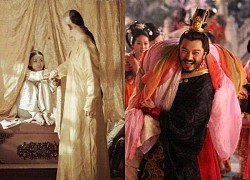 Minh Lợi14:08:01 16/02/2024Ancient Chinese people used to regard seeing blood as a harbinger of bad luck. Therefore, if he was unfortunate enough to be blessed on the right day of the month, the Heavenly Prince would know that he would not only lose his grace but might also anger him.
Minh Lợi14:08:01 16/02/2024Ancient Chinese people used to regard seeing blood as a harbinger of bad luck. Therefore, if he was unfortunate enough to be blessed on the right day of the month, the Heavenly Prince would know that he would not only lose his grace but might also anger him.

2 | 1 Discuss | Share
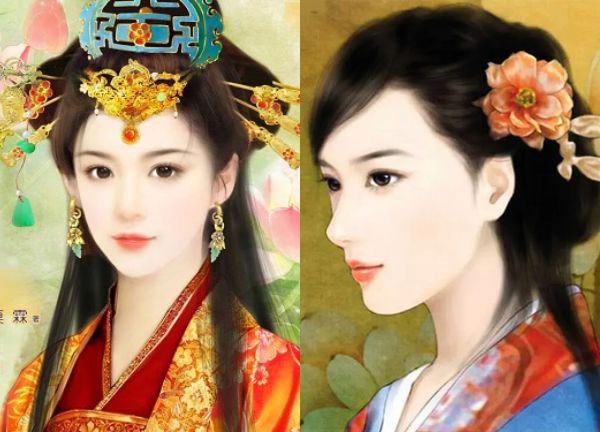
3 | 1 Discuss | Share
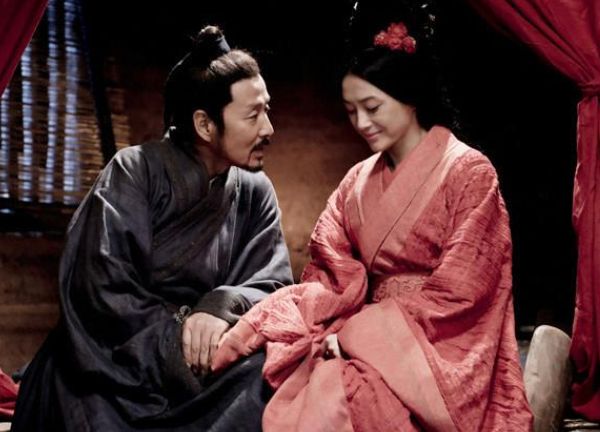
3 | 1 Discuss | Share
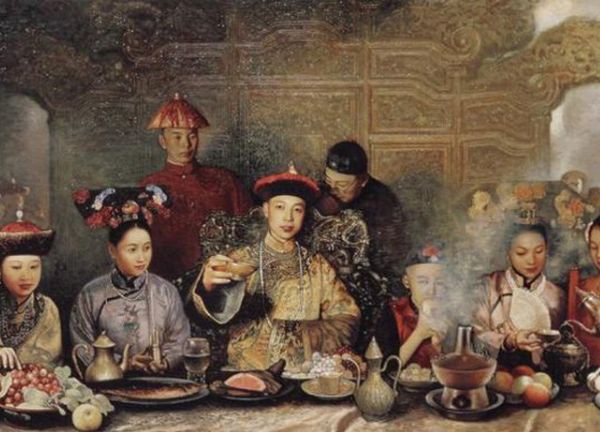
3 | 1 Discuss | Share
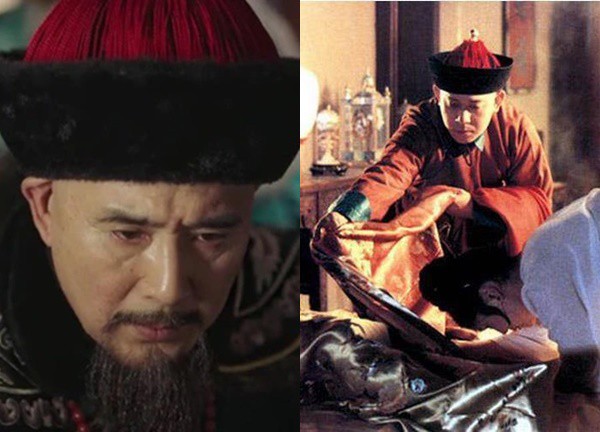
1 | 1 Discuss | Share
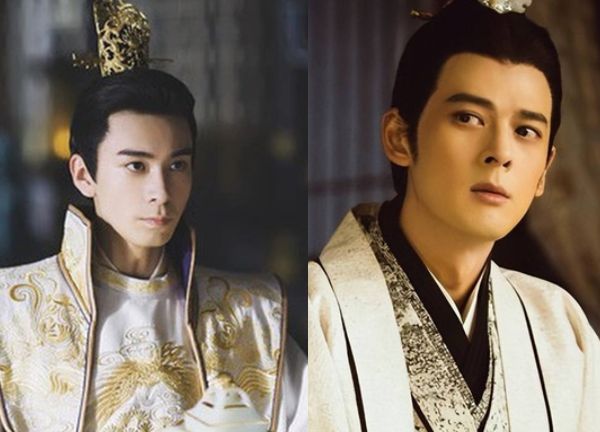
5 | 1 Discuss | Share
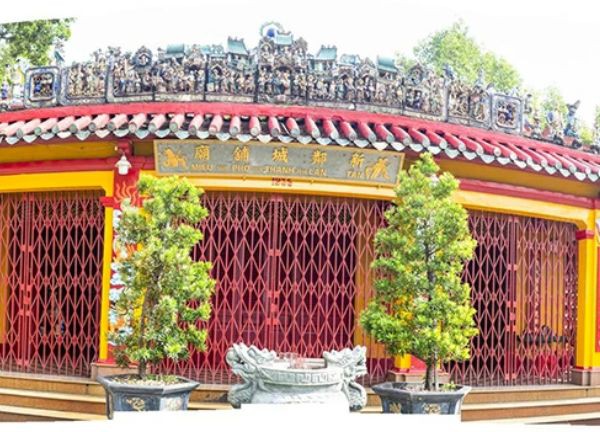
4 | 1 Discuss | Share
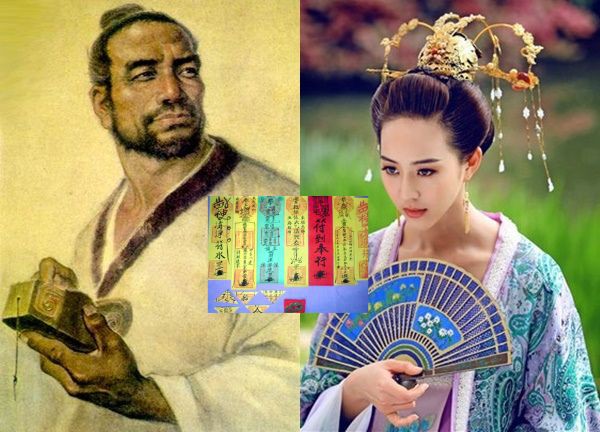
2 | 1 Discuss | Share
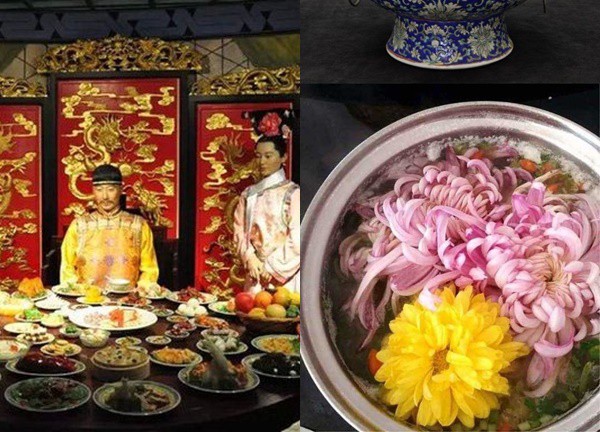
3 | 0 Discuss | Share
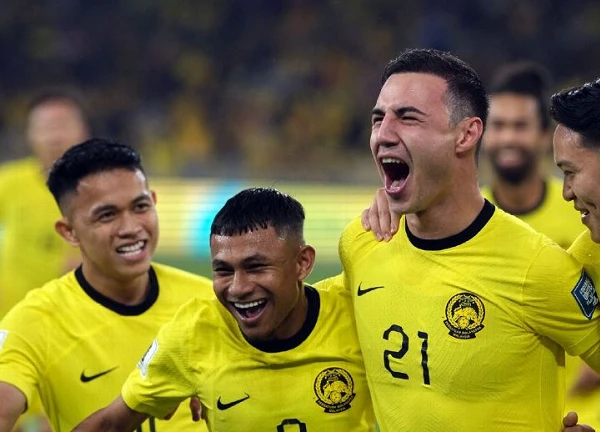
0 | 0 Discuss | Share

2 | 1 Discuss | Share
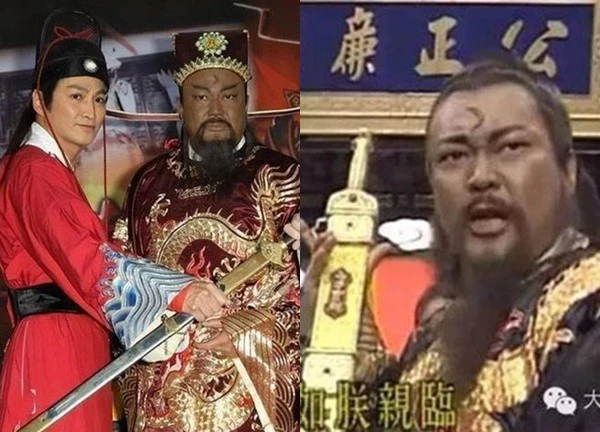
3 | 1 Discuss | Share
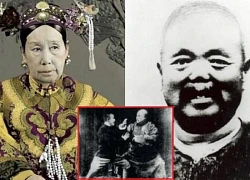


4 | 1 Discuss | Report